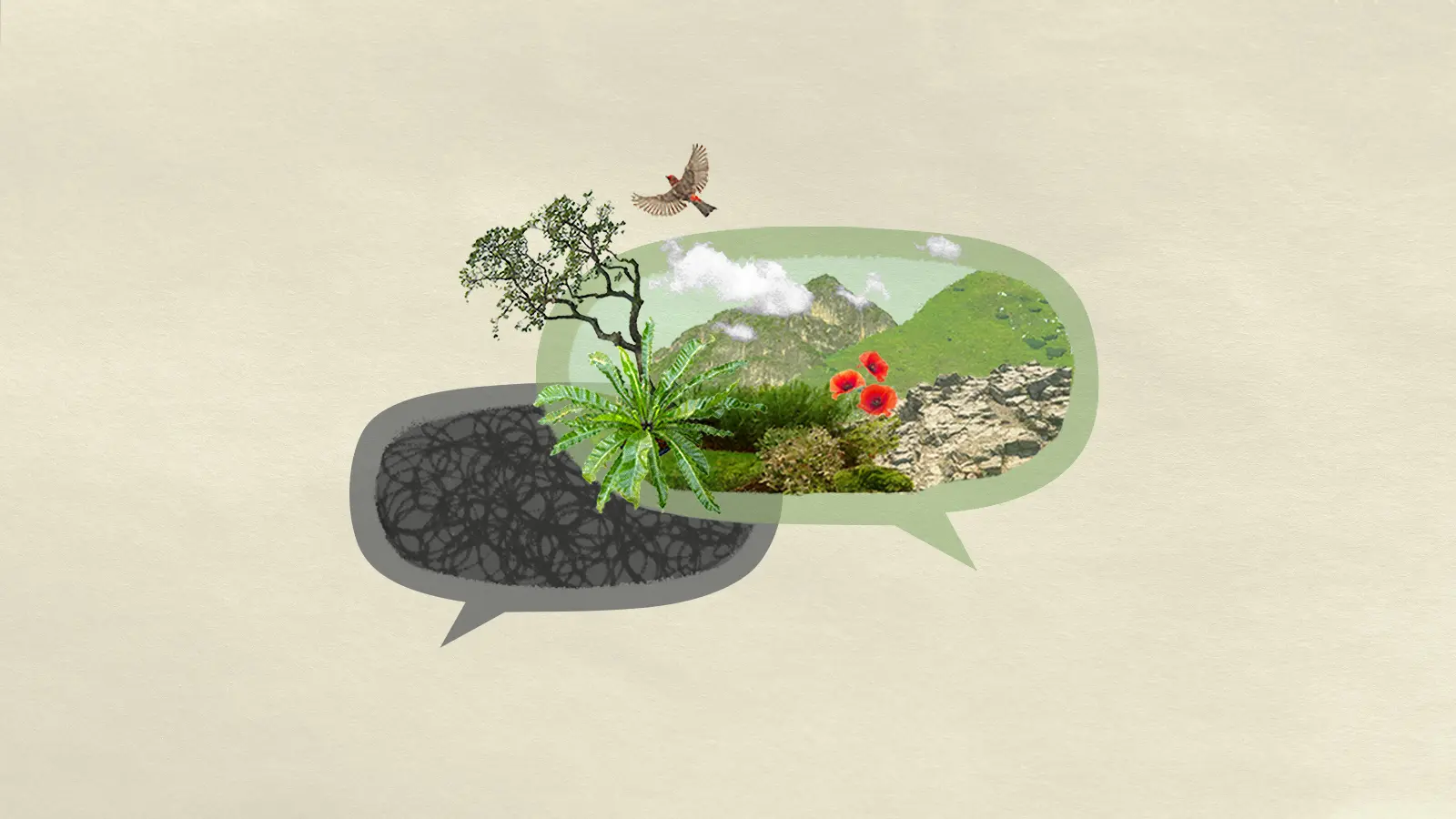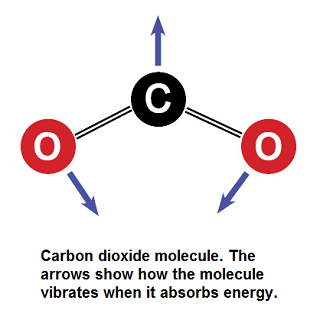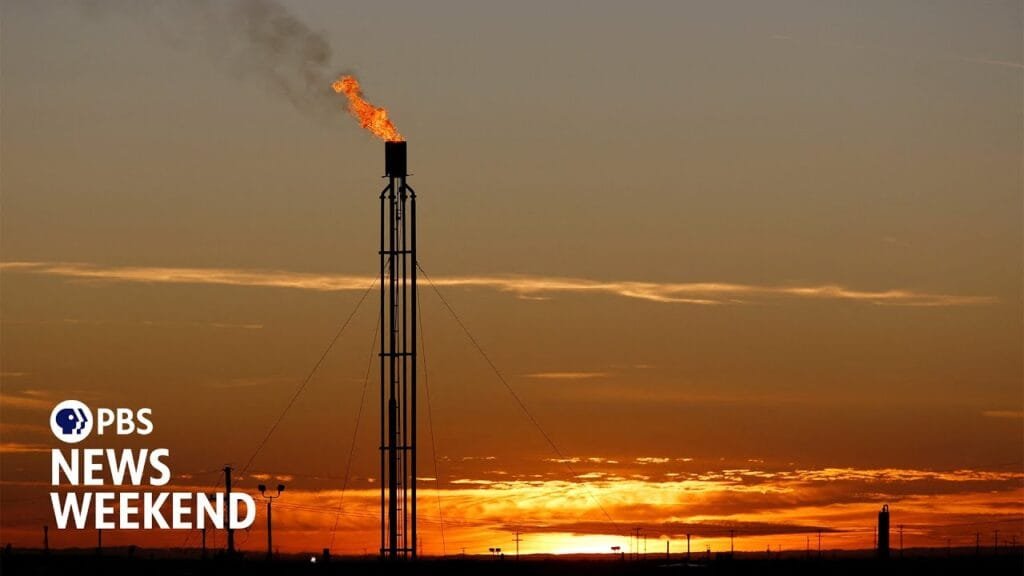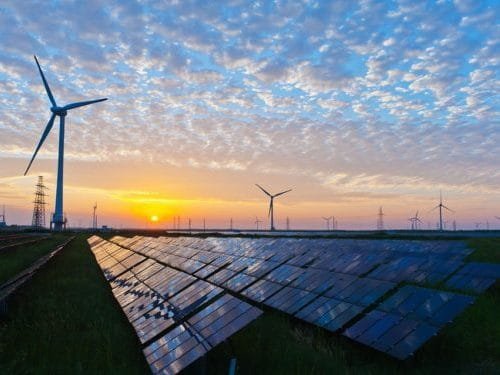Carbon is the only element that animates the entirety of the living world. Though comprising a tiny fraction of Earth’s composition, our planet is lifeless without it. Yet it is maligned as the driver of climate change, scorned as an errant element blamed for the possible demise of civilization.
In his new book Carbon, Paul Hawken looks at the flow of life through the lens of carbon. Embracing a panoramic view of carbon’s omnipresence, he explores how this ubiquitous and essential element extends into every aperture of existence and shapes the entire fabric of life. Hawken charts a course across our planetary history, guiding us into the realms of plants, animals, insects, fungi, food and farms to offer a new narrative for embracing carbon’s life-giving power and its possibilities for the future of human endeavor.
Text above from original video description.
Summary
In the Commonwealth World Affairs Program discussion titled “Carbon and Climate and Humanity,” environmentalist Paul Hawken shares his insights on the dual nature of carbon—an essential element for life that is often villainized in discourse on climate change. As the author of several books, including Project Drawdown and Carbon: The Book of Life, Hawken has a unique perspective on our relationship with the planet. He emphasizes that carbon is crucial for life and addresses the misinterpretation surrounding it as simply a contributor to global warming.
Rather than focusing solely on reducing carbon emissions, he advocates for a broader vision of restorative actions that increase life on Earth. He reflectively questions the language surrounding climate change, calling for a shift from a battle-oriented narrative to one of connection and appreciation for nature. Through discussions on hope, grief, and action, Hawken encourages individuals to build local communities focused on restoration, rather than waiting for top-down solutions which often fail to address the root of environmental issues.
Highlights
- 🌍 Carbon is an essential element for life and should not solely be viewed as a climate enemy.
- 📚 Paul Hawken emphasizes the need for a narrative shift from fighting climate change to fostering understanding and appreciation for nature.
- 🌱 The focus should be on restoring life on Earth, not merely on reducing carbon emissions and controlling temperatures.
- 💚 Hawken promotes the idea that community action and individual connections are essential catalysts for environmental change.
- 🧠 The current climate narrative is flawed; it focuses too much on oppositional language that fails to create true engagement with our environment.
- 😔 Grief for the planet’s changes can serve as a catalyst for more meaningful grassroots actions and local engagement.
- 🐦 Nature is full of intelligence and communication pathways; understanding these allows for deeper connections with the environment.
Coverage from Grist:

Key passage:
Paul Hawken, the author of the new book Carbon: The Book of Life, argues that the climate movement is thinking about its work, and messaging, all wrong. “Those who call carbon a pollutant might want to lay down their word processor,” Hawken writes. Carbon, he notes, is after all the building block of life, the animating force behind trees, rhinos, eyelashes, hormones, bamboo, and so much more. Without it, Earth would just be a lonely, dead rock. So much for decarbonizing.
Hawken has come to believe that treating carbon as something to tackle, liquefy, and pump into geological formations not only reflects the same mindset that caused climate change in the first place, but also further alienates people from the living world. There is no “climate crisis,” he argues, but a crisis of human thinking and behavior that’s degrading the soil, wiping out entire species, and changing the weather faster than people can adapt. “From a planetary view,” he writes in Carbon, “the warming atmosphere is a response, an adjustment, a teaching.”
From the ucalgary.ca Energy Education page:





